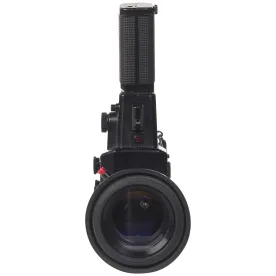On December 14, 2012, the North Carolina Supreme Court issued an opinion upholding a North Carolina law outlawing video sweepstakes games, thus reversing prior rulings from the North Carolina Court of Appeals and Superior Court that had held the law violated the First Amendment.
The statute at issue, Chapter 103 of the 2010 Session Laws codified at N.C.G.S. 14-306.4, makes it unlawful to "operate, or place into operation, an electronic machine or device" to "conduct a sweepstakes through the use of an entertaining display." An "entertaining display" was defined as "visual information, capable of being seen by a sweepstakes entrant, that takes the form of actual game play, or simulated game play." One example of an "entertaining display" is a game that simulates "video poker" or "video bingo" as well as "any other video game not dependent on skill or dexterity that is played while revealing a prize as the result of an entry into a sweepstakes."
The NC Court of Appeals had previously ruled that the law was overbroad and violated the First Amendment because video games are protected speech and the definition of "entertaining display" was virtually unlimited. See Hest Techns, Inc. v. State ex rel. Perdue, 725 S.E. 2d 10, 12-14 (2012).
The NC Supreme Court, however, reversed the Court of Appeals and upheld the law. The NC Supreme Court concluded that the statute "primarily regulates noncommunicative conduct rather than protected speech" and imposes "only incidental burdens on associated speech."
The News & Observer reports that Senate President Pro Tem Phil Berger applauded the Supreme Court's ruling, stating: "Now that the question is settled, I expect our law enforcement officials will begin enforcing the law."
Since the Court's decision involves issues of federal constitutional law, however, the ruling could be appealed to the United States Supreme Court.




 />i
/>i

